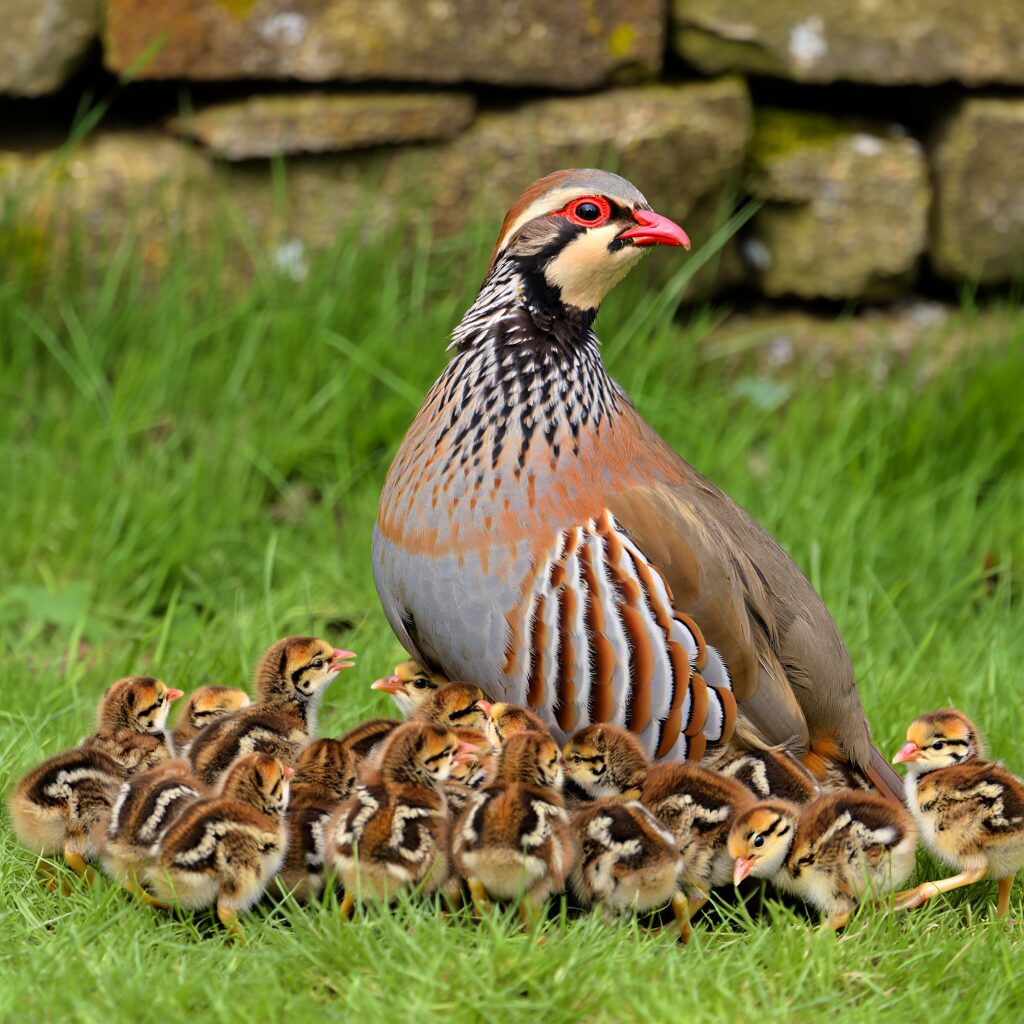Across the rolling farmlands of Europe, Asia, Africa, and the Americas, there was once a constant soundtrack — the flutter of skylarks rising above wheat fields, the trills of meadowlarks in spring, the rustle of quail hiding in the grass. These voices of the countryside have sung for centuries, marking the changing seasons and the rhythm of rural life.
But now, those songs are fading.
From the French countryside to the rice paddies of Asia, scientists are sounding the alarm: farmland birds are disappearing at a staggering rate. In Europe alone, populations have dropped by more than 50% in the past four decades. Once-abundant species like the barn swallow, the lapwing, and the corn bunting are vanishing, their numbers shrinking with every passing year.
The culprit is not mystery, but modernization. Vast monocultures have replaced the patchwork of fields and hedgerows where birds found food and shelter. Pesticides and herbicides, designed to maximize crop yields, strip the land of the insects and seeds these birds depend on. Even nesting sites are disappearing as old barns are sealed, and tree lines are cut down to make way for larger machines.
It’s not just the birds that suffer. Their loss signals a deeper unraveling of the countryside’s ecosystem — fewer pollinators, fewer predators for pests, and a weakened natural balance. When the birds go quiet, it’s a sign that the land itself is growing silent and still.
Yet, there is hope. Across the world, farmers, conservationists, and communities are finding ways to bring the birds back. Wildlife-friendly farming practices — leaving strips of wildflowers, planting hedgerows, reducing pesticide use — have shown that nature and agriculture can coexist. In some regions, bird populations are even beginning to recover.
Farmland birds are more than background music to rural life. They are living indicators of a healthy landscape, and they carry with them the heritage of generations who lived in harmony with the land. Letting them vanish would mean losing not only beauty, but a vital part of the planet’s life support system.
Because the true measure of a field’s wealth is not only in its harvest — but in the songs that rise above it.
